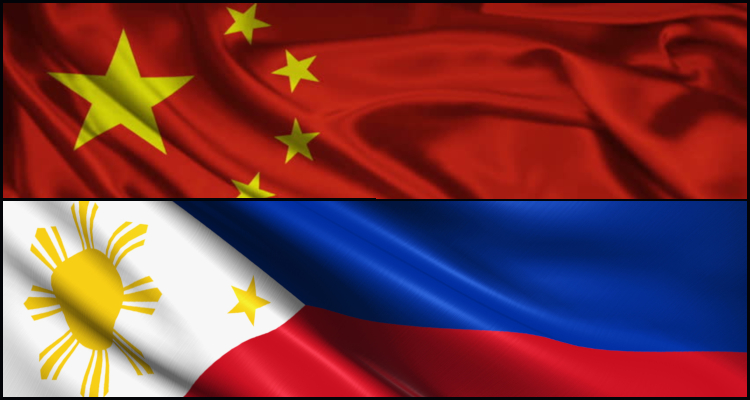The Philippines is reportedly expected to record aggregated gross gambling revenues of around $4.1 billion this year due in large part to an increase in the popularity of online gambling among mainland Chinese players.
Profitable position:
According to a report from the Los Angeles Times newspaper, the Philippines recorded aggregated gross gaming revenues of just over $1 billion in 2016 but has since grown to become the planet’s third most-lucrative gambling destination behind only Singapore and world-leading Macau.
Macau model:
Although gambling on anything but two state-approved lotteries is illegal in China, the newspaper reported that land-based casinos are the mainstay of Macau’s economy where thousands of mainland players flock to enjoy games such as baccarat and roulette. As a result, the former Portuguese enclave now purportedly regularly records annual aggregated gross gaming revenues in excess of $30 billion with the industry accounting for over 87% of its total tax base.
Accelerating tourism:
Similarly, the Los Angeles Times reported that more adventurous Chinese high-rollers are now flocking to the Philippines to enjoy the gambling delights being offered by a collection of giant integrated casino resorts that include the Solaire Resort and Casino and the even larger City of Dreams Manila.
The popularity of venues such as these helped to push the number of Chinese tourists visiting the Philippines to around 1.2 million last year, which was almost double the 2016 tally, and made gambling the nation’s third-largest source of government revenues behind only customs and taxes.
Proxy projects:
For those Chinese gamblers who are unable or unwilling to  travel, sites run out of the Philippines are reportedly offering aficionados the ability to remotely wager tens of thousands of dollars on baccarat, roulette and a dice game known as sic-bo. This practice is purportedly known as ‘proxy betting’ and involves representatives of the land-based casinos placing bets on behalf of offshore punters, who can follow the action live utilizing tablet computers and headsets.
travel, sites run out of the Philippines are reportedly offering aficionados the ability to remotely wager tens of thousands of dollars on baccarat, roulette and a dice game known as sic-bo. This practice is purportedly known as ‘proxy betting’ and involves representatives of the land-based casinos placing bets on behalf of offshore punters, who can follow the action live utilizing tablet computers and headsets.
Foreign workforce:
This practice is outlawed in all but a few nations due to the uncertainty that often surrounds the identity of the gamblers but has proved a boon for the Philippines. It has additionally led to a rise in the numbers of Chinese people who are being hired to serve as marketing agents, engineers and technical support specialists for the casinos and their high-value Mandarin-speaking clientele.
Property prices:
Approximately 100,000 mainland Chinese citizens now work in Manila in order to serve the gambling needs of their VIP compatriots, which has resulted in an around 40% rise since 2016 in the price of local real estate. Filipino property agent David Leechiu purportedly detailed that some casino firms are so desperate to attract talented people to fill these roles that they are even offering up to a year’s worth of rent in advance.
Leechiu reportedly told the Los Angeles Times…
“We can call it a ‘Chinese invasion’ but it’s more than that. It’s the Philippines opening up to the world.”



